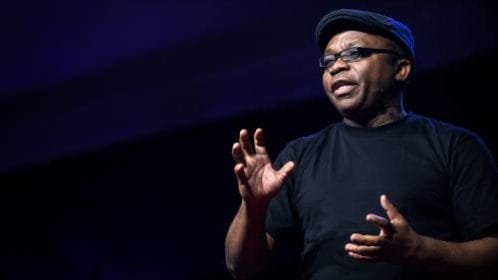Ivory Coast: MSF Teams Treating Survivors of Ongoing Attacks in Southwest
While the situation in major cities has grown calmer following the conflict between supporters of former president Laurent Gbagbo and President Alassane Ouattara, the violence continues in several rural areas of Ivory Coast, with civilians as the main target.
“Within a few hours of the attack being reported, one of our teams managed to reach Zriglo,” said Tara Newell, head of mission for MSF in Ivory Coast. “But they only could count the dead and the burned houses. The population, including the wounded, had already fled.”
Some of the wounded managed to reach the MSF clinic in the nearby town of Taï, over the weekend.
Throughout the past few months, MSF teams in southwestern Ivory Coast have witnessed ongoing armed violence. MSF clinics in the region continuously treat civilians with gunshot or machete wounds and victims of sexual violence. The teams have also examined violently-massacred bodies, including those of children.
“Many incidents remain unnoticed or are only reported days later when we treat some of the injured that manage to reach our clinics,” said Newell. ”The limited number of humanitarian actors present in this particular region contributes to this.”
Access to health clinics remains challenging as people are continuously harassed at official and unofficial barricades and armed checkpoints throughout the region. Reports of physical violence and extortion, as well as illegal taxation and detention, are rife and hamper the mobility of the population. Ongoing harassment and fear perpetuate, and sometimes even worsen, existing displacement. Tens of thousands of Ivorian refugees remain in Liberia, and hundreds of thousands are reportedly still displaced within Ivory Coast itself, fearing a return to their place of origin because of the ongoing insecurity and violence.
“In the absence of proper law and order, it is the local population that is paying the price,” said Newell.
MSF calls for the government of Ivory Coast to provide security for its people. All parties to the conflict, including militia and government forces, should refrain from violence and harassment against civilians, and ensure safe and unhindered access to basic services, including health care.



